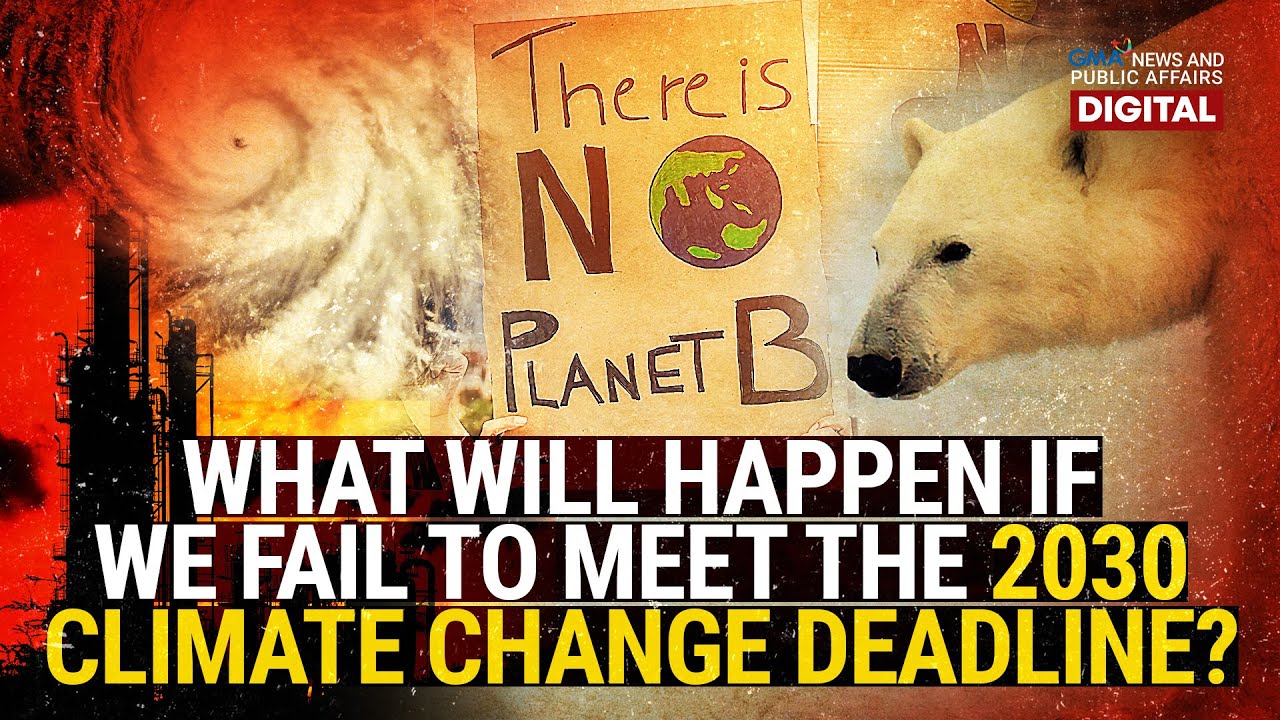Electric Car Persuasive Speech
Summary
TLDRThe video script emphasizes the urgent need to reduce carbon emissions, highlighting that cars contribute to 20% of daily emissions and advocating for a switch to electric vehicles (EVs) by 2050 to combat climate change. It presents a financial analysis showing the cost savings from EVs, addresses environmental impacts, and counters common concerns about limited EV options and battery range. The script calls for collective action to embrace EVs for a sustainable future.
Takeaways
- 🚗 Carbon emissions from cars account for 20% of daily global emissions, indicating the significant impact of vehicles on climate change.
- 🌡️ A 40% reduction in carbon emissions is necessary by 2050 to avoid irreversible environmental consequences.
- 🔄 Reducing car emissions could achieve half of the 40% target, highlighting the potential of electric vehicles in meeting climate goals.
- 🌍 Climate change brings severe repercussions such as habitat loss, food scarcity, and water shortages, emphasizing the urgency of action.
- 📉 The financial burden of gasoline costs for the average US citizen amounts to $6,600 per year, presenting a clear incentive to switch to electric vehicles.
- 💸 The switch to electric vehicles can save individuals significant money by eliminating the recurring expense of gasoline.
- 🌿 The environmental impact of gasoline usage is substantial, with two tanks of gas consumed weekly per person contributing to carbon emissions.
- 🚦 The limited options and concerns over battery range are the main barriers preventing people from adopting electric vehicles.
- 🚘 Major car manufacturers, including Audi, Volvo, and Toyota, are committing to full electric vehicle lineups by 2025, expanding market variety.
- 🔋 Advancements in battery technology are improving electric vehicle range and reducing charging times, making them more practical for long-distance travel.
- 🏁 The Tesla Roadster exemplifies the progress in electric vehicles, offering a 620-mile range and a 30-minute charge time, setting a new standard for convenience and efficiency.
Q & A
What percentage of daily carbon emissions do cars currently contribute to?
-Cars contribute to 20% of daily carbon emissions.
By what year do we need to reduce carbon emissions by 40% to avoid severe consequences?
-We need to reduce carbon emissions by 40% by the year 2050.
What are the negative consequences of rising carbon emissions as mentioned in the script?
-The negative consequences include climate change, habitat loss, food scarcity, and water shortages.
What is the financial implication of driving a gas-powered car for an average working-class US citizen?
-An average working-class US citizen spends approximately $6,600 per year on gas alone for their car.
How often does the average person need to fill up their gas tank if they drive 12 hours a week?
-The average person needs to fill up their gas tank twice a week.
What is the average cost of a tank of gas mentioned in the script?
-The average cost of a tank of gas is $57.75.
What is the main argument presented for switching to electric vehicles?
-The main argument is that switching to electric vehicles can help reduce carbon emissions significantly and save money on fuel costs.
What are the two main issues people find when considering electric cars according to the script?
-The two main issues are limited options on the current market and the perceived inadequacy of battery ranges.
Which companies have pledged to release full electric car lineups by 2025?
-Companies like Audi, Volvo, and Toyota have pledged to release full electric car lineups by 2025.
What is the range and charging time of the Tesla Roadster mentioned in the script?
-The Tesla Roadster boasts a range of 620 miles per charge and a charging time of 30 minutes.
What is the script's final call to action for the audience?
-The final call to action is to trade in their current car for an electric one to help save the world one drive at a time.
Outlines

هذا القسم متوفر فقط للمشتركين. يرجى الترقية للوصول إلى هذه الميزة.
قم بالترقية الآنMindmap

هذا القسم متوفر فقط للمشتركين. يرجى الترقية للوصول إلى هذه الميزة.
قم بالترقية الآنKeywords

هذا القسم متوفر فقط للمشتركين. يرجى الترقية للوصول إلى هذه الميزة.
قم بالترقية الآنHighlights

هذا القسم متوفر فقط للمشتركين. يرجى الترقية للوصول إلى هذه الميزة.
قم بالترقية الآنTranscripts

هذا القسم متوفر فقط للمشتركين. يرجى الترقية للوصول إلى هذه الميزة.
قم بالترقية الآنتصفح المزيد من مقاطع الفيديو ذات الصلة

Why Electric Cars Won't Save Us

How can the Water Industry's Supply Chain Join Forces to reach Net Zero?

How green are electric cars? | It's Complicated

What will happen if we fail to meet the 2030 climate change deadline? | Need to Know

What are Carbon Credits and How Do They Work?

California Hentikan Penjualan Mobil Bensin Mulai Tahun 2035
5.0 / 5 (0 votes)
